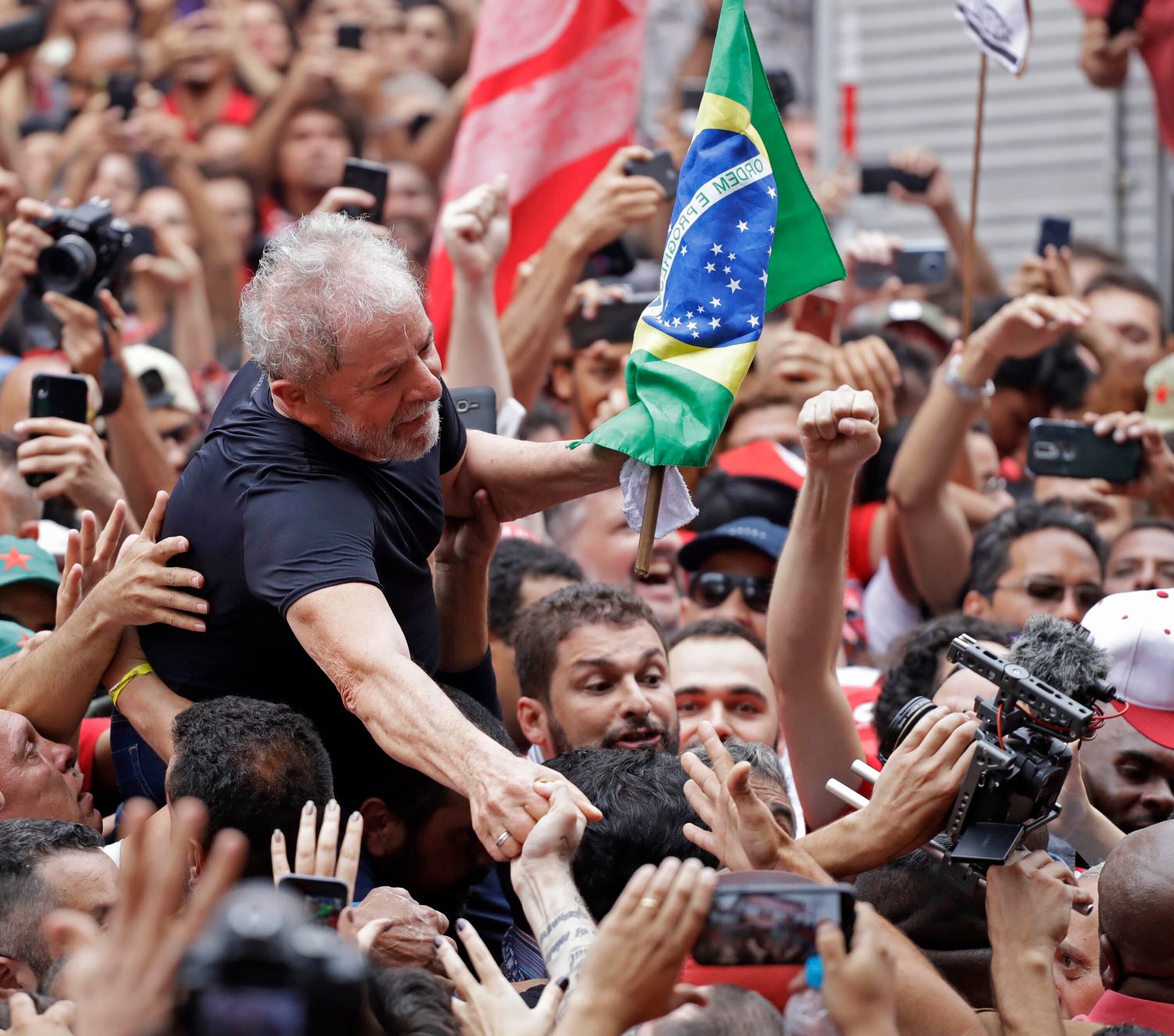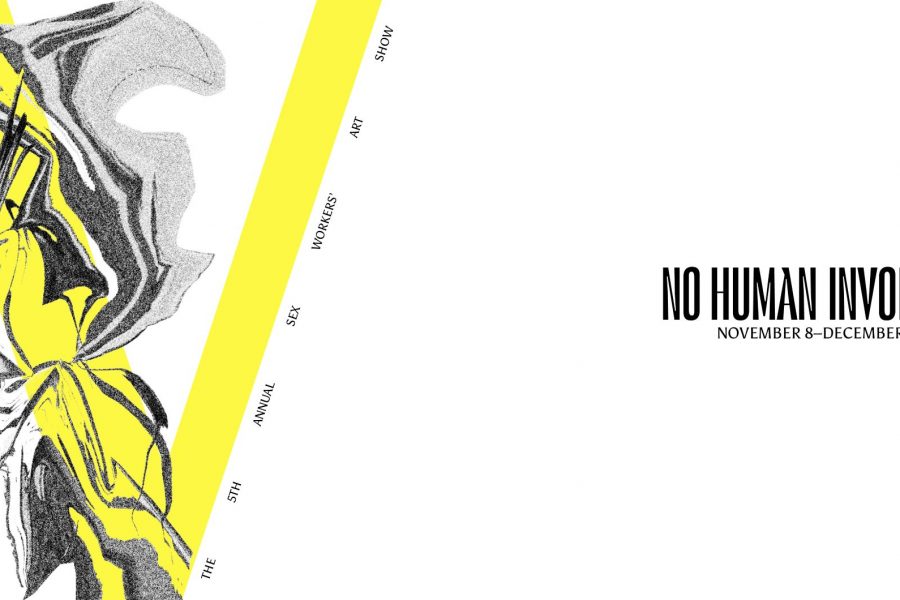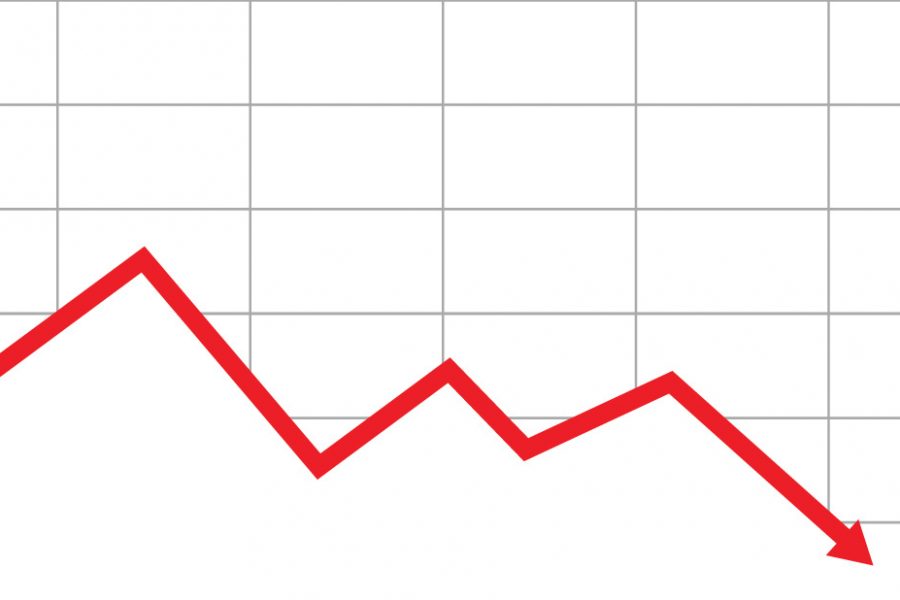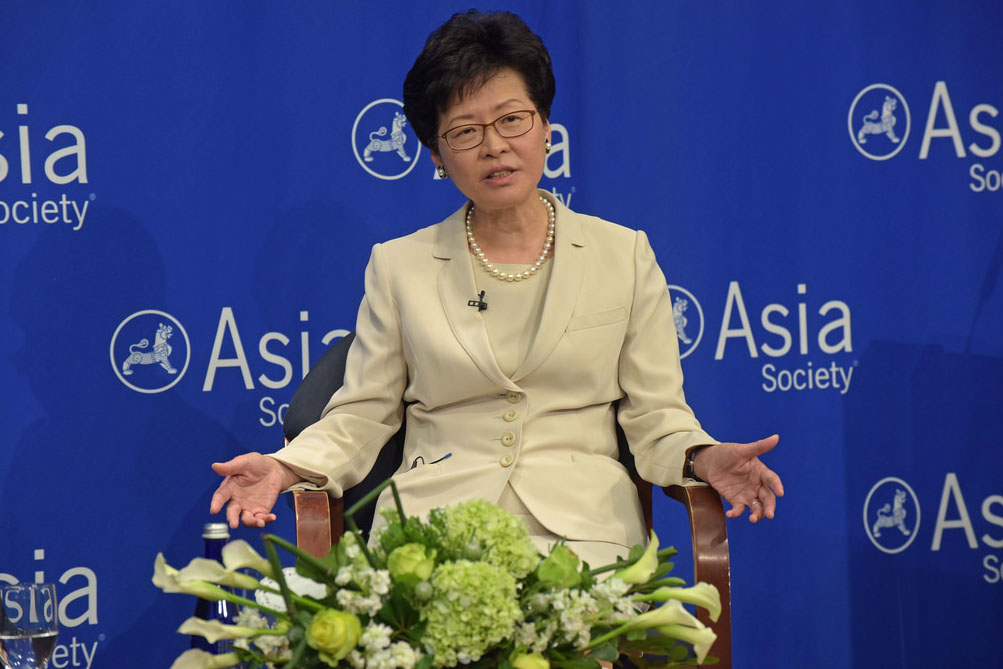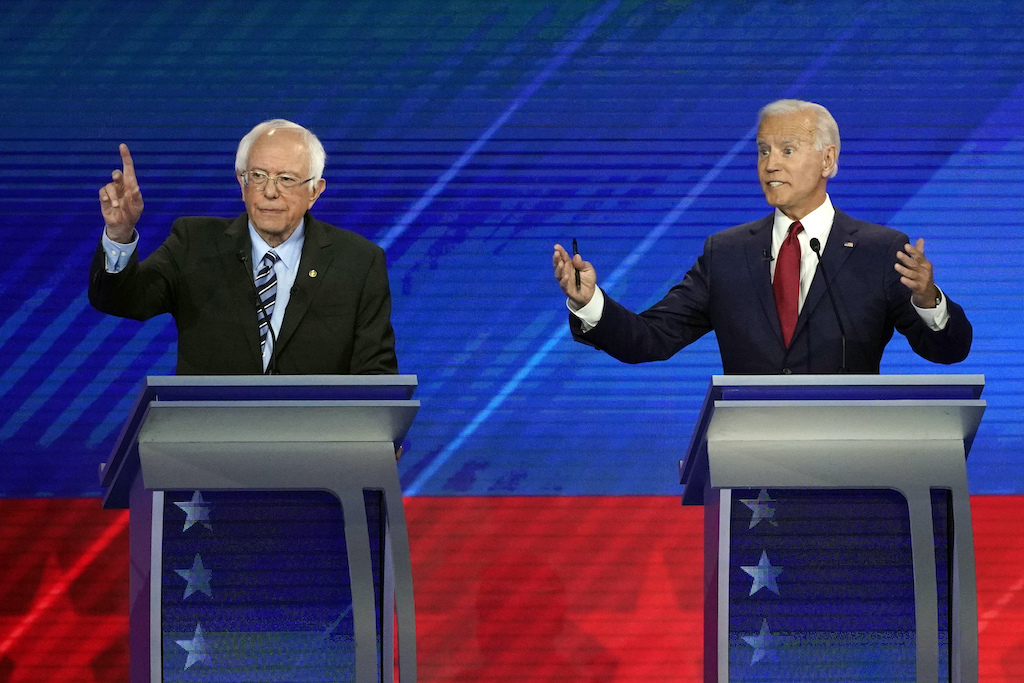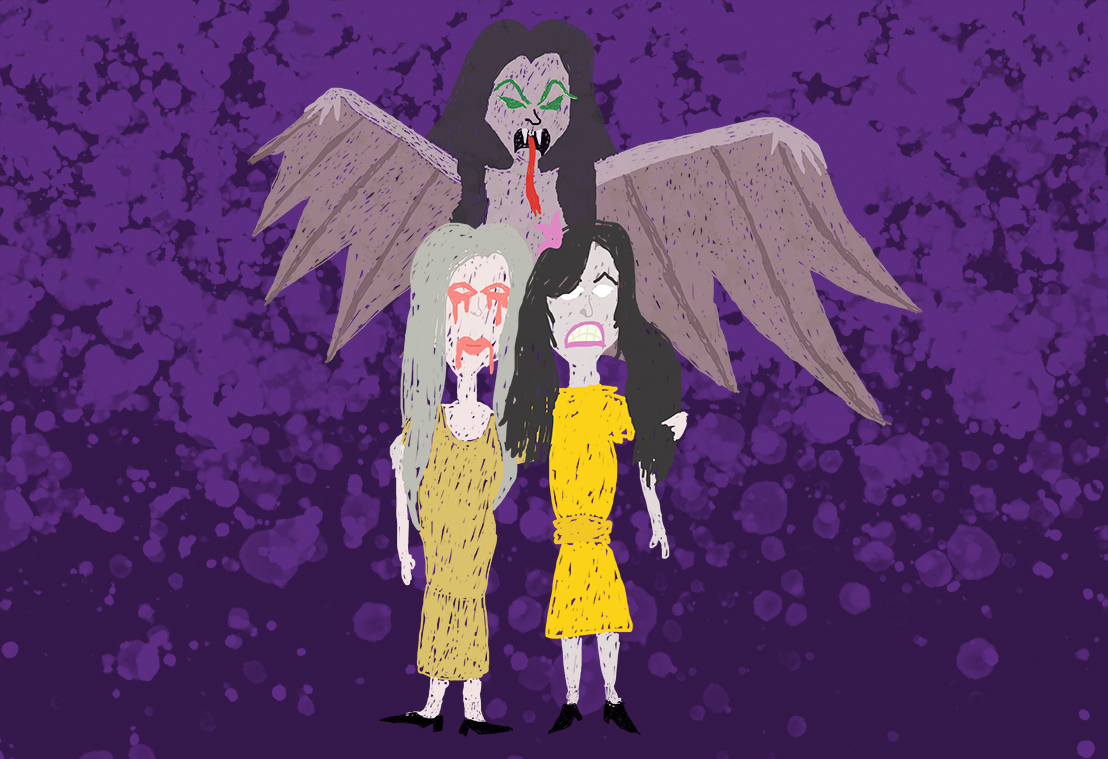Nov. 3 Port of Cotonou, Benin: Pirates in the Gulf of Guinea kidnapped nine crew members of the MV Bonita, a Norwegian-flagged ship that was anchored off the coast of Cotonou, Benin. The boat is owned by JJ Ugland and was carrying gypsum, a mineral commonly used in fertilizers. “The Ugland Emergency Response Team are handling this situation as per contingency plans, and they are in contact with relevant authorities,” a statement from JJ Ugland said, according to Al Jazeera. “…The families of the crew members have been contacted and will be kept informed by Ugland.”
Nov. 5 Sonora, Mexico: A drug cartel killed nine United States’ citizens, including three women and six children. The three mothers had a total of 14 children between them and were traveling to Chihuahua, Mexico when their three SUVs were ambushed by gunmen from a local drug cartel. Of the eight children who survived, five are currently receiving treatment at a hospital in Phoenix, Ariz. Officials said the cartel members believed the SUVs were carrying members of a rival drug cartel in the area and had no intention of killing the families. “As a mother, I feel anger,” Sonora Governor Claudia Pavlovich Arellano tweeted, according to TIME. “…I don’t know what kind of monster could hurt women and children.”
Nov. 6 Kokola, Congo: An armed group attacked the village of Kokola in the Beni region of the DRC, killing 10 locals and kidnapping two more. Authorities have blamed the Allied Democratic Forces—a rebel group originally from Uganda—for the attack, but the ADF has yet to claim responsibility for the attack. DRC security forces launched an operation against rebel groups in the eastern forests of the DRC, specifically the ADF, on Nov. 1. “While the army launched large-scale operations deep into the forest, the rebels took the opportunity to attack the towns and civilians,” Beni official Donat Kibwana told Al Jazeera.
Nov. 6 Est, Burkina Faso: Unidentified gunmen attacked a convoy of five buses, including one military transport vehicle, taking miners to a mine owned by Canadian-mining company, Semafo. The attack left 37 civilians killed and wounded 60 more, making the attack one of the deadliest in several years. Authorities have not released an official death toll for the security forces who were accompanying the convoy but have reported they expect the death toll to continue to rise as several people remain unaccounted for, according to The Guardian. The military transport vehicle was leading the convoy when it hit an IED on a stretch of road with no mobile phone signal. The gunmen quickly opened fire on the vehicles. No group has claimed responsibility for the attack.
Nov. 8 Cuntiba, Brazil: Former Brazilian President Luiz Inácio Lula da Silva was released from prison following a decision by the Supreme Court on Nov. 7, which decided defendants could not be imprisoned until all appeals to higher courts had been exhausted. The former president spent a year-and-a-half in prison after he was convicted on charges of corruption and money laundering in relation to Operation Car Wash. The Supreme Court decision could lead to the release of up to 5,000 other prisoners, including several high-profile politicians who were arrested along with da Silva in relation to Operation Car Wash, according to NPR.
Nov. 10 Sucre, Bolivia: Bolivian President Evo Morales resigned in response to several weeks of protests. International monitors who had been analyzing the results of the Oct. 2019 elections decided there had been “clear manipulations” in the elections on Nov. 10, and Morales resigned hours later. Vice President Garcia Linera and Bolivia’s Supreme Electoral Tribunal President Mariá Eugenia Choque also announced their resignation, according to AP News.

